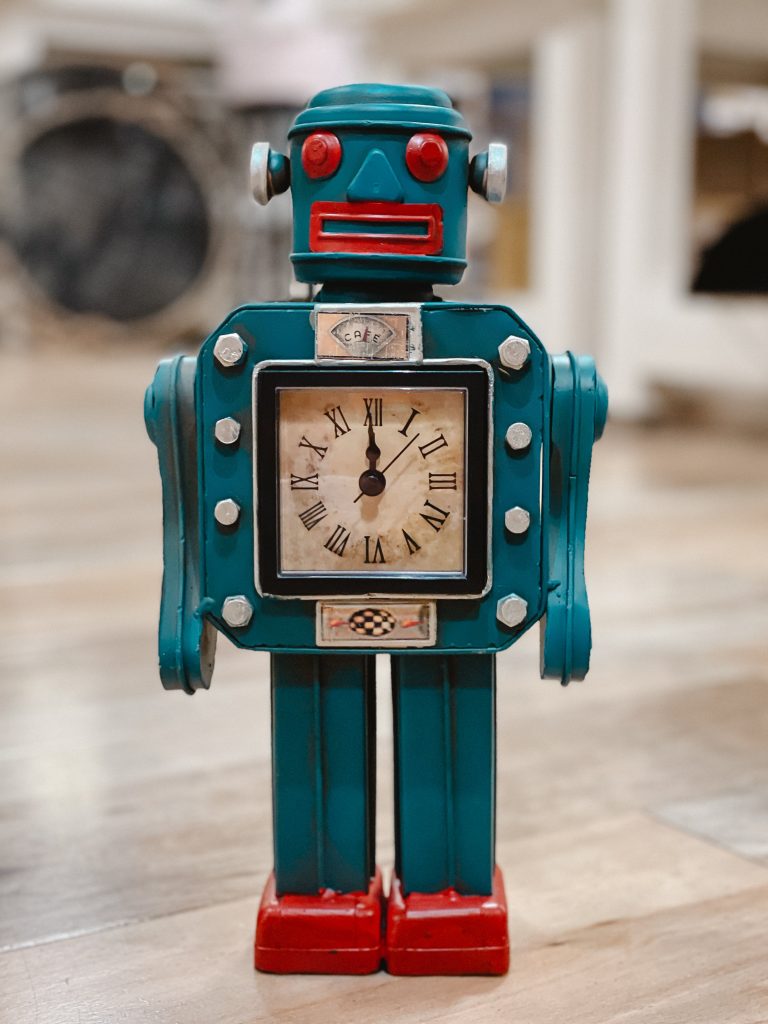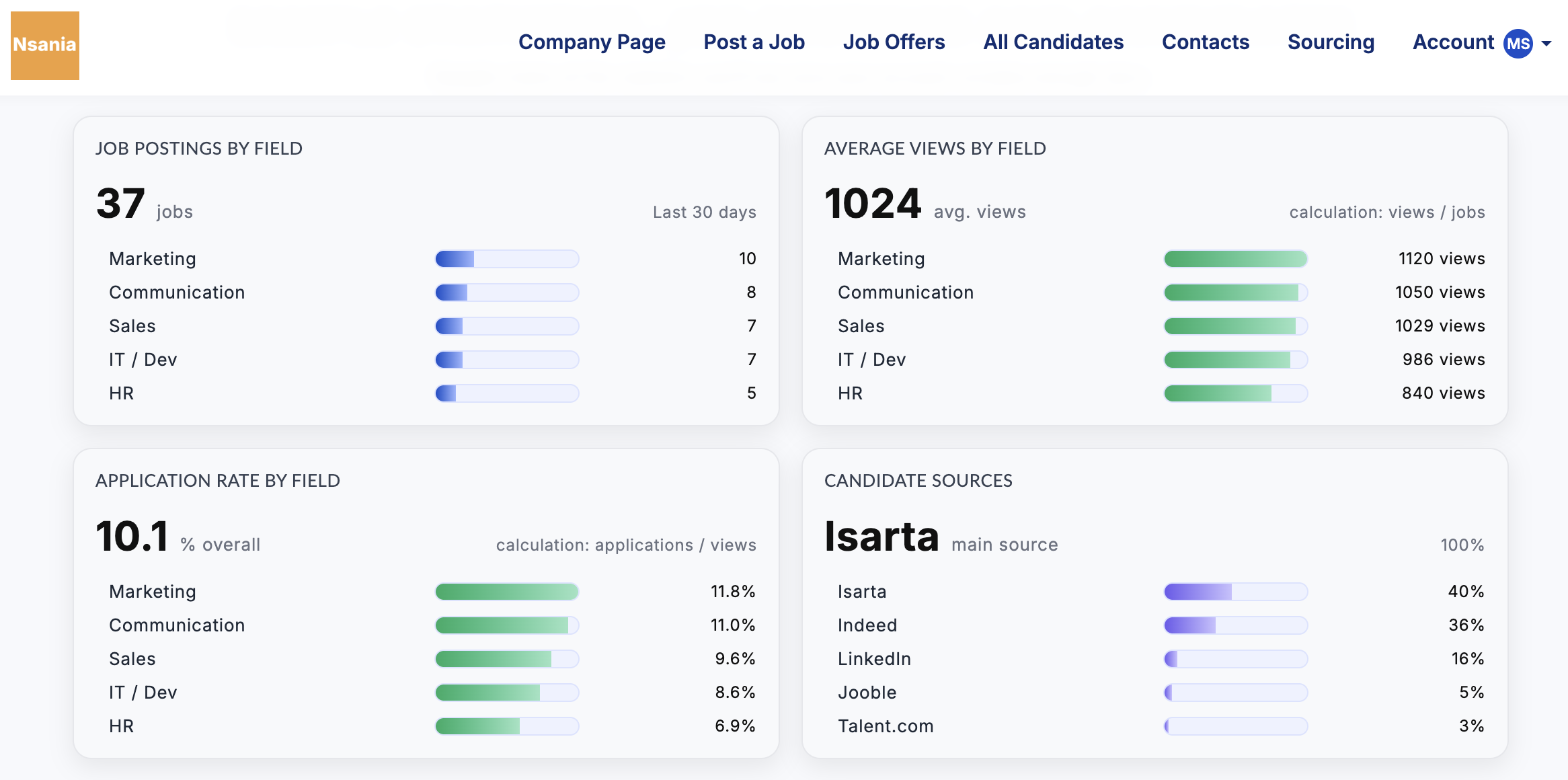When recruiters discuss artificial intelligence, they typically focus on the benefits it can offer employers in terms of filtering, selecting, or evaluating candidates. However, they tend to overlook the fact that candidates also have access to this technology. This could potentially disrupt the world of recruitment!
A few weeks ago, The Wired captured imaginations with the story of a programmer who used AI “to apply to 5,000 jobs” and secured “20 job interviews.” Closer to us, recruitment expert Sandrine Théard shared a similar story at the opening of HR event Trumontreal 2023.
A recruiter in the engineering field contacted a candidate who had applied for an engineering position. However, the candidate had never heard of the specific job. In response, the candidate explained that an “AI application” had applied on their behalf.
The recruiter faced a dilemma, as Sandrine Théard explains: “Do I dismiss the application, or do I move forward? From a motivation standpoint, the candidate shows no interest in the position. At the same time, they have great potential. In the end, the recruiter initiated a discussion and decided to continue the recruitment process.”
So, here’s where we are: soon, candidates may sign up on an AI platform and ask an artificial intelligence agent— “like an agent for artists or athletes,” as Sandrine Théard illustrates—to apply for all jobs relevant to their professional background.
An AI talking to another AI?
In a way, it’s fair game, acknowledges the founder of the Recruitment School – Les Sources humaines, especially when considering how employers have treated candidates in recent years. As recruiters, we will have to revisit all our methods because, with the labor shortage, we are no longer accustomed to dealing with volume.”
When this topic was discussed at Trumontreal, an HR professional reassured everyone about organizations’ ability to handle this influx of candidates.
“Did we start receiving a lot more resumes because people could send them to us via the Internet? Yes, maybe. But people adapted, using the tools available to them to optimize the management of applications. I think it will be the same with AI.”
It’s true that recruiters have increasingly sophisticated tools to filter applications themselves. In a way, we’ll end up with “AI talking to AI,” summarizes Sandrine Théard.
The Great Equalizer
With new artificial intelligence tools, all candidates find themselves on an equal footing. They will all have the same ability to produce error-free CVs and cover letters optimized for the targeted positions.
“We’ll need to focus on evaluating candidates,” concludes the recruitment expert.
Putting emphasis back on substance (the candidate’s skills) rather than form (the beauty of the CV) is not necessarily bad news!




